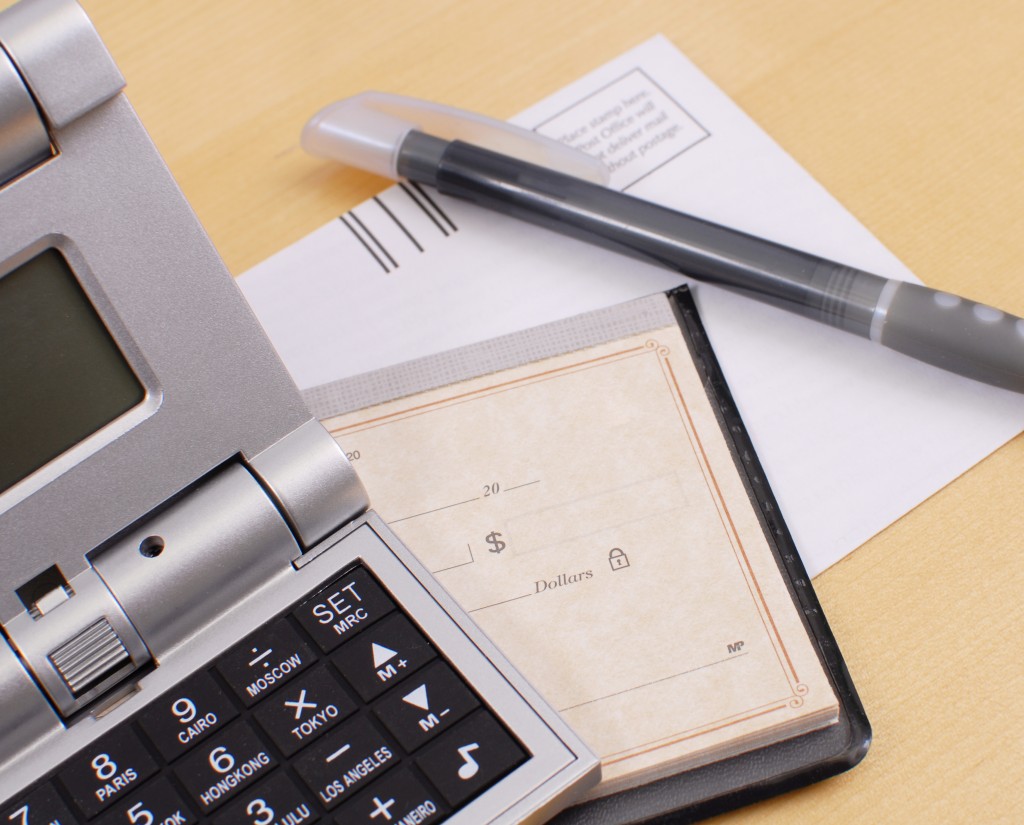The coronavirus is still here, and by the looks of it, it will not disappear anytime soon. With hundreds of companies closed and jobs laid off, money is tight. This could even be a more significant challenge for you if you are a small business owner.
How can you effectively manage your business income, so you don’t bleed dry? Here are three tips:
1. Track Your Expenses
First, by now, you should have separate accounts for your personal and business expenses. It prevents you from spending corporate income needlessly.
Second, be consistent in tracking where your money goes. Doing this exercise offers you the following benefits:
- You can quickly identify your cash position. Do you need to boost your working capital? Do you still have funds to pay creditors? Is it time to apply for a business loan?
- You can determine controllable expenses. Perhaps you can minimize your spending on utilities or rent by moving your business from a commercial space to your home for a while.
Make expense tracking easier by opening a checking account. Drawing in and out money from only a single account helps create an easy-to-understand paper trail. Even better, some transaction accounts provide other advantages. These include an interest rate higher than that of a certificate of deposit (CD).
2. Maximize Available Reliefs and Assistance
The Kansas Small Business Development Center (SBDC) lists down some assistance and relief programs small-scale companies can apply for.
Many are through the Small Business Administration (SBA), which can extend loans you can get from their partner financial institutions. Note, though, that some of these programs might be already closed or no longer available.
Meanwhile, the State Department of Commerce provides a small business working capital grant if your company has fewer than 500 employees. You can use the funds to fund payroll, pay insurance, or use it as working capital.
 3. Manage Non-productive Assets
3. Manage Non-productive Assets
Assets, such as equipment and inventory, can make your balance sheets look good. However, if they are non-performing, they are only hurting your cash flow.
These assets need space, which you might be renting. But even if they’re at home, perhaps in the garage, you can still maximize this space for items that generate revenue or reduce operating costs.
What can you do with these assets?
- Offer them for leasing to startups. If you have plans of letting go of them forever, create a rent-to-own program.
- Sell them at an auction. Selling them to the highest bidder helps you maximize the market value of the asset.
- Pay off your debts. Some creditors are open to receiving fixed assets, which they can later convert into cash or use in their business.
- Donate them. Give them to an eligible nonprofit and claim a donation tax deduction.
The entire world is in recession. Your business might not enjoy the same income you did a year or two ago. However, the sooner you learn to manage your income now, the faster you can bounce back as the country recovers. You will not only survive but also thrive.

